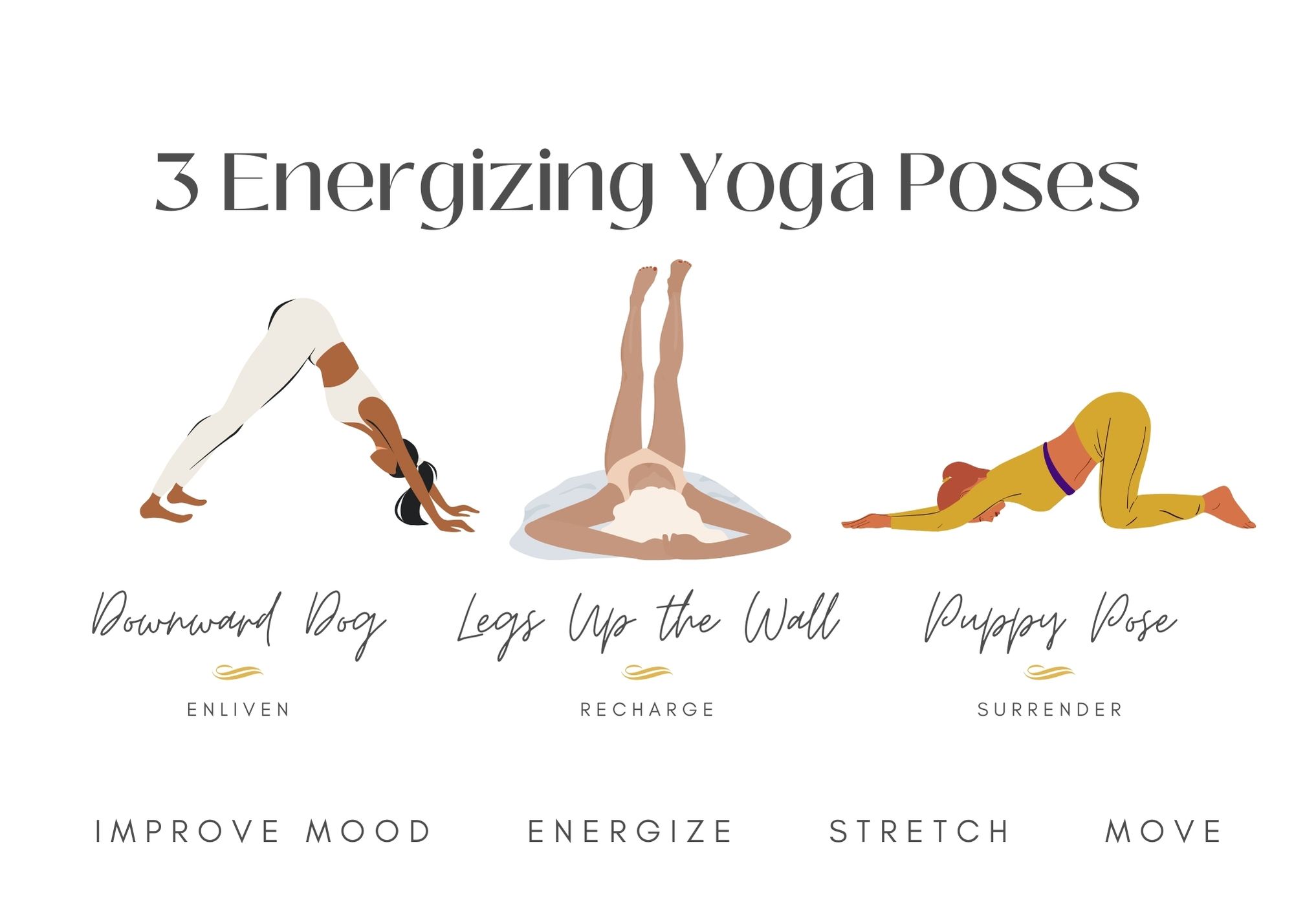
For the days you didn’t get enough sleep, you can energize your mind and body by keeping these tips tucked away.
“You lack the season of all natures, sleep.”
William Shakespeare
Lady Macbeth was telling Macbeth that he looked tired and needed sleep. Despite his reasons of fear and guilt, which I am sure are not the folly for your sleep depravation (hopefully), missing a good night’s sleep can be jolting to the following day’s experience. The reasons can be many:
The new puppy.
The baby.
The aging parents.
The deadlines.
The neighbors.
The fireworks.
Traveling on a red-eye flight.
There are so many reasons that we may miss the refreshing and recharging benefits of experiencing the alpha, beta, theta brain waves that help recharge the nervous system from the central hub. This means the following day, you will be functioning a bit differently because the brain didn’t receive the nourishing benefits of sleep. You may be slower and long term — this isn’t good.
Even with a thrive-oriented self-care practice. Lack of sleep does happen to the best of us and as humans, we need coping mechanisms to function. On the days that this presents an obstacle for your dazzling and high-functioning self, enjoy these five tips to help you turn-around effects of not getting a decent night’s sleep. Nourish with a healthy diet.
1. Hydrate with sips of water.
Sipping warm or hot water after awakening to the day, you will also awaken your body’s digestive system and cleanse the body efficiently at the beginning of the day. Letting go of last night’s poor rest is facilitated with the flow of water throughout the system. Fostering elimination to begin the day with an easy cleanse helps to enter the day anew with refreshed energy.
2. Nourish with a healthy food and drink.
As you enter the day with a tired mood, nourishing the body with healthy ingredients is the very best course of action. While green tea or espresso may be your call to action, allow just one to invigorate your day with caffiene. Moving onto a nourishing breakfast of warm oatmeal or porridge of rice or quinoa, you will enliven your digestion to bring ease into your body’s systems of better nutrient absorption to feed your blood and offer opportunities for rich oxygen to nourish your cells for optimum performance — even in a tired state of being.
3. Cardio Exercise.
When we are exhausted, it may feel counter-intuitive to lace up the sneakers and go out for a jog. Heading to the gym is probably the last thing you feel like doing when you are snuggled into the covers. However, if you know that cardiovascular exercise helps to enliven the nervous system, will you give yourself some big love and go ahead and nourish the body with good blood flow? It can help you make better decisions today, bring more balance into your body’s movement and help you avoid making poor decisions because of poor judgement as reported by Harvard’s Division of Sleep Medicine.
4. Energizing yoga poses.
Yoga offers a practical application to bring energy to your day. Inversions can help you explore a reversal of blood flow in the body, which offers flow and movement to the fluids all over the body. This enlivens the cells in the upper body and brings forward energizing benefits. Try some of these easy yoga poses to bring a fresh perspective when you are feeling tired and need a change of perspective.

However, don’t sleep longer than 20 minutes or you risk losing the benefits of a long sleep later on in the evening.
5. Deep breaths throughout the day.
Begin and end the day with deep breathing. Increased oxygen can help improve blood flow and help you make better decisions. Improving the senses with good oxygen will help bring clarity to your day that could be muddled by the effects of lack of sleep.
Try breathing in for a count of five. Retaining the breath for a count of five. Exhaling for a count of five. And voila! You are creating a pranayama practice for yourself. In Sanskrit, pranayama (प्राणायाम), means “vital life force”. Some refer to this as breath retention. Yogis and yoginis understand the benefits of improving mood and the body’s performance on all levels with the nourishing benefits of deep breathing.
You don’t have to be an expert to benefit from the moment-to-moment action of improving the quality of your breath intake.
Give these actions a try and let me know how these work for you!


